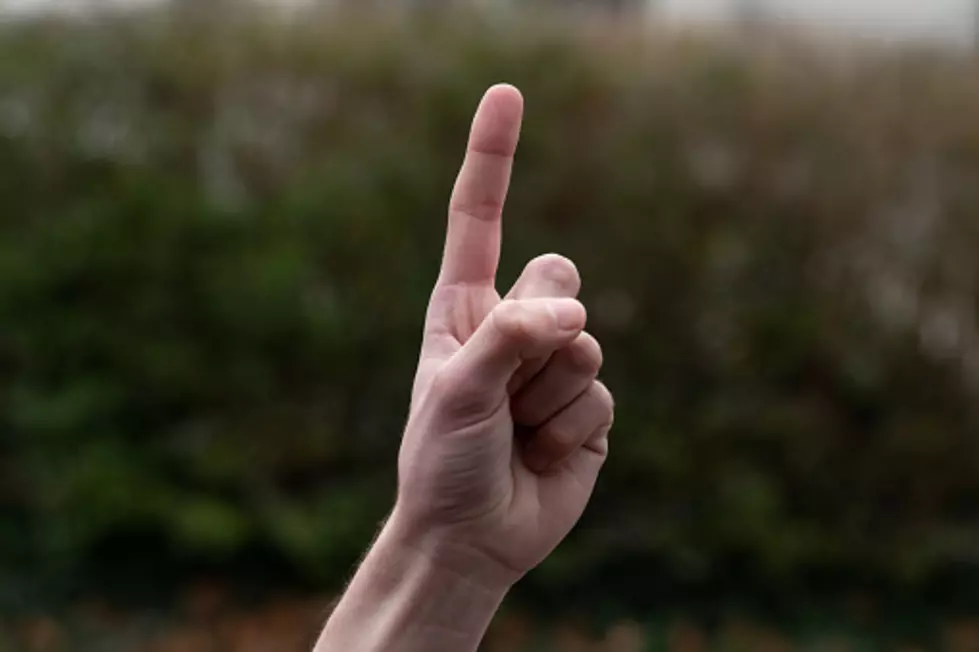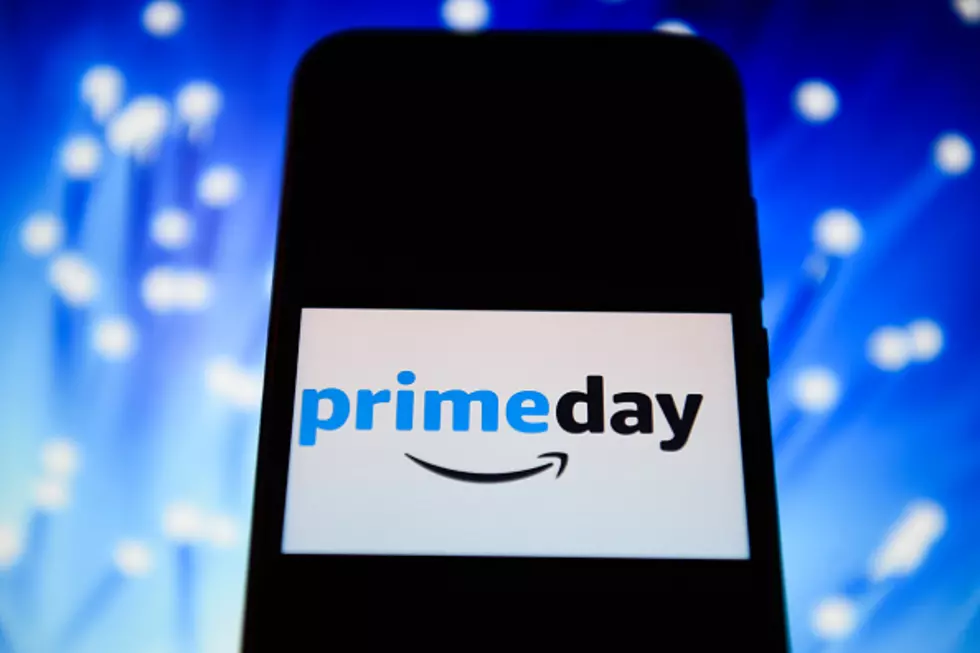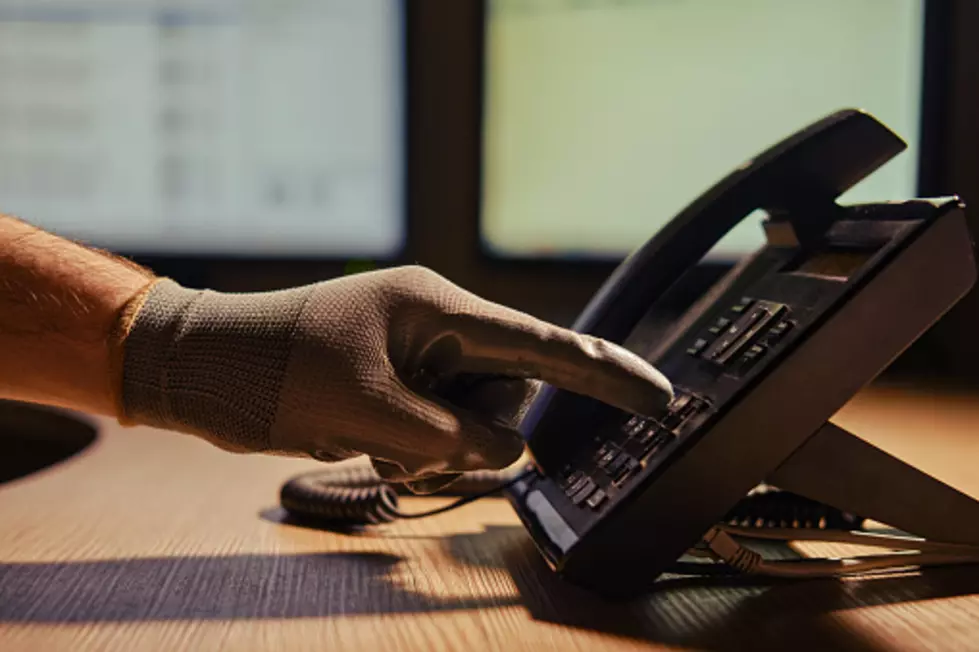
BBB Says Stimulus Checks Are Bringing Out The Scammers
The news that stimulus checks are going out this week will be met with an increase of scam phone calls, text messages, or emails asking for personal information and claiming you need to provide it to receive the benefits.
Here's the thing. You don't need to give anyone your personal information to get your stimulus money. You don't need to pay anyone, either.
The Rockford Regional Office of the Better Business Bureau (BBB), along with the national BBB, are out with some tips on things you need to know about the Economic Impact (or, stimulus) Payments:
No payment or personal information is required to receive a recovery check. The IRS has your tax information and will mail the check directly to you, or use the direct deposit information they have on file from your tax return.
If you receive Social Security and typically do not file a tax return, you will no longer need to file a simple tax return or any other paperwork to receive the stimulus. You will automatically get the payment. See IRS.gov/coronavirus for more information. [updated April 2, 2020 based on an US Treasury announcement]
The IRS will use your tax return for your address and to calculate and send payments. If you filed in 2019, that information will be used. If you have not filed your 2019 return yet, 2018 filing information will be used.
No one will call or email you from the government regarding your check. If you get a text, phone call, or email asking you for your personal information, do not respond.
Be sure you are eligible. Tax filers who have adjusted gross income levels of $75,000 for individuals and $150,000 for couples will receive full payment. Payment is reduced by $5 for each $100 above that threshold. Individuals with income above $99,000 or couples above $198,000 with no children are not eligible.
Reach out. If anyone contacts you to get your personal information, then tries to keep you on the phone or rush you to a decision, hang up. Ask someone you trust, like a family member or financial advisor, for advice.
The BBB also points out that seniors are especially vulnerable to these kinds of scams. It is important during this time to check on elderly neighbors and others who may need help, to be sure they are made aware of the most recent scams relevant to the coronavirus crisis.
More From 96.7 The Eagle









